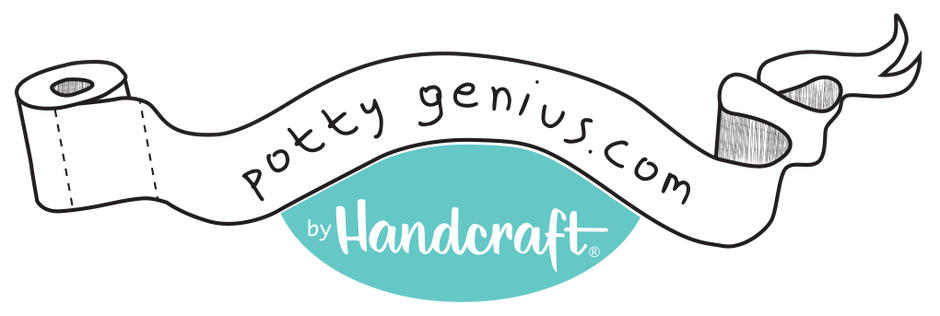The thought of not having to change a diaper anymore, the amount of money you’ll save by crossing them off your shopping list, the sense of pride you feel when your child accomplishes a major milestone — these are all good reasons to get excited to start the process of potty training. But it is important to realize that your child might not be emotionally or physically ready for potty training. And even if they are ready, they can’t do it without you.
Getting Ready to Potty Train
There are a few things that need to be done to prepare for potty training.- Gauge their readiness to potty train. Do they show any interest in the toilet or potty chair?
- Do you have a few days to focus on nothing but potty training? You can’t start one day and take a break the next day. This only confuses the child.
- Are you emotionally ready to potty train? Can you react to accidents without getting frustrated and throwing in the towel?
- Get excited preparing for potty training. Make a big deal of this! When your child wakes up, ceremoniously throw their soiled diaper in the bin with your child and ask them to say goodbye. Explain that the child is a big kid now and not using diapers.
- Have a reward system prepared for potty training. Consider stickers, small pieces of candy — whatever it takes to motivate your child to use the toilet.
- Consider getting your child some new underwear with their favorite characters on it. This can do wonders for motivation. Sure, they will have accidents, but that might encourage them to use the toilet, since they won’t want to get their new underwear wet.
- If you don’t want to constantly change underwear and pants, dress your child in a large T-shirt that covers his or her bottom. Explain that since they are not wearing a diaper, they have to use the toilet if they feel like they have to go.
- Take your child to the toilet at regular intervals. You may want to start out as frequently as every 15 minutes and then extend it to longer intervals when your child starts to get the hang of it.
- Don’t relapse at nighttime. Yes, you’ll be changing sheets, but you’ll avoid confusing your child.
- Have your child use the toilet immediately before bed and in the middle of the night. Set an alarm for yourself.
- Stay positive. Although it may be exhausting (holed up in your home for three days while chained to the toilet and washing machine), looking at potty training as an excuse to have fun and bond with your child can make all the difference.

